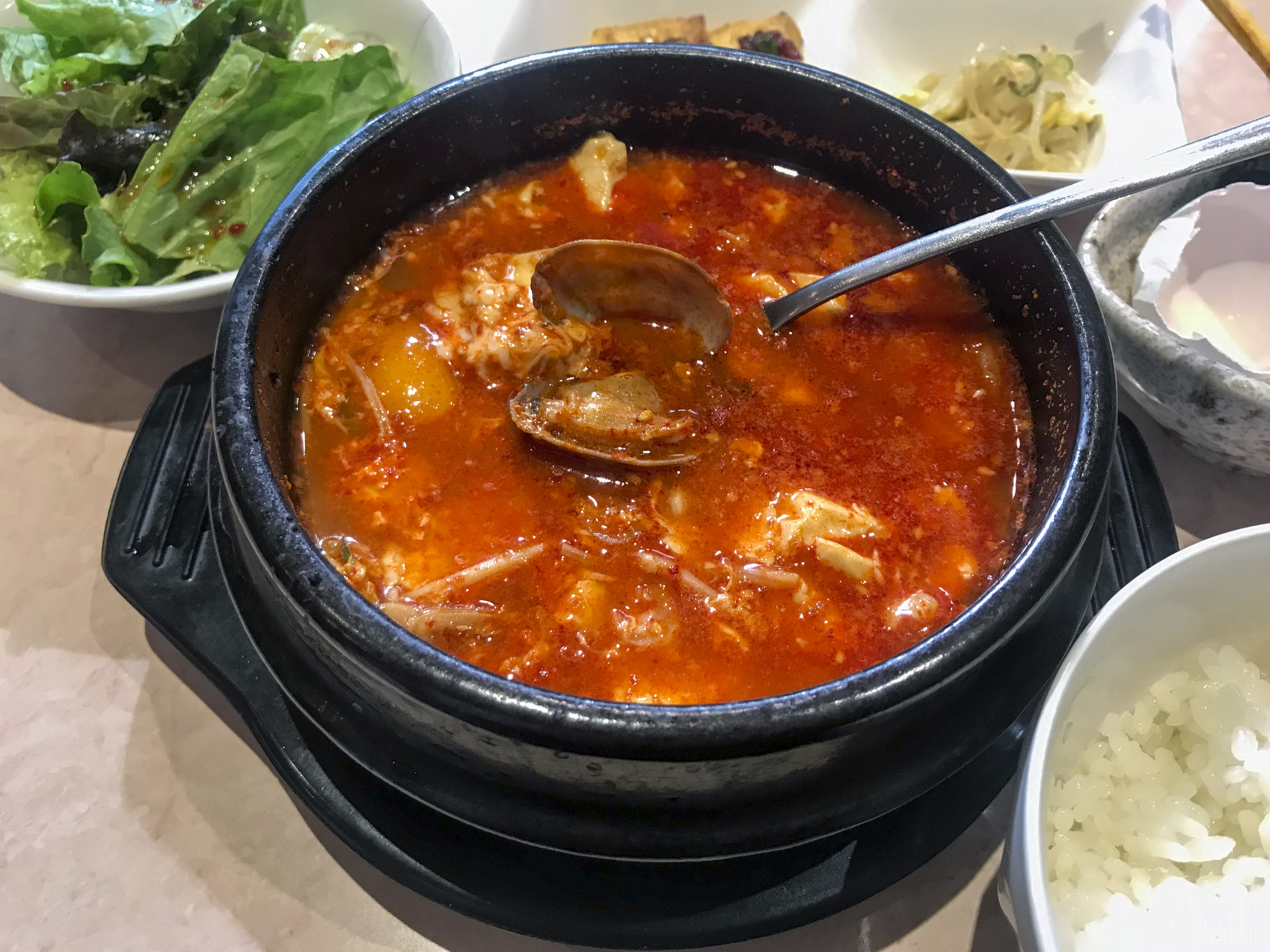When I moved to Berlin, I was just finishing up more than seven years in one of the most culturally diverse places in the world, New York City. It was one of those American strongholds where I could be asked where I was from and rest assured that when I replied, "Southern California," that's exactly where the questioning would end.
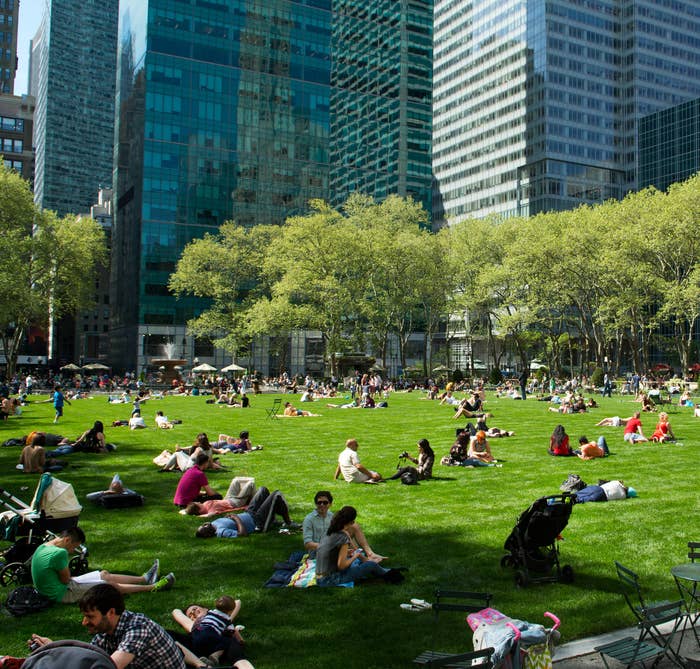
In other words, cultural respect in NYC is more normalized than in many other places across the US. I may not have felt safe there all the time, but I felt confident. Of course, things aren't the same in Europe — in good, bad, and frankly unexpected ways. So without further ado, here are my biggest takeaways about being an Asian person in Germany.

In many ways, moving to Berlin has felt like moving backward in time:
1. Berlin reminded me that racism doesn't have to be loud, direct, or policed to dehumanize me. It can be ambiguous or ignorant or even feel like indifference. My earliest memory of racist aggression in Berlin could be described as PG-rated at best: On my way home from dinner in Kreuzberg, a gaggle of teens yelled out, "Ching chong!" as I walked by. I was almost embarrassed for them by the blandness of this insult. "That's so early 2000s," I wanted to tell them.
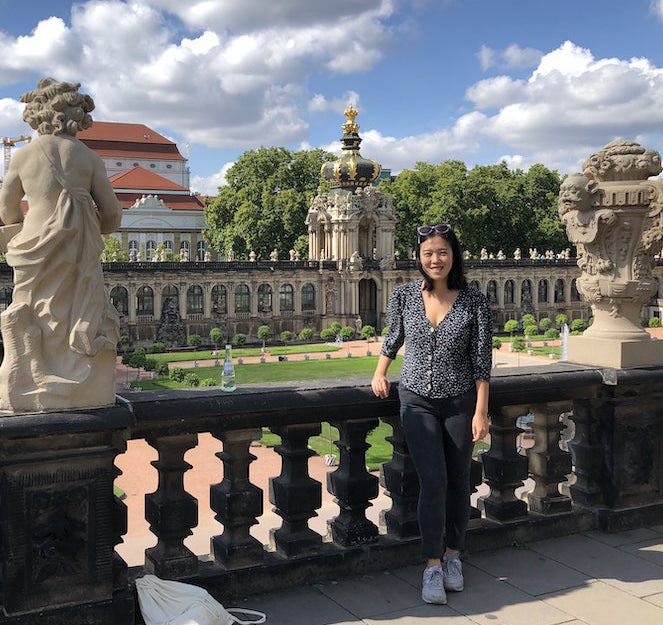
2. I've had to repeat a lot of conversations about race (including cultural appropriation and bias) that I thought I was long done having. Instead, these conversations have opened up anew in the form of debate. I remember one friend of a friend asking why he should be criticized for saying the n-word if it was in a song by a Black artist. Another time, a white woman who spent one month in Seoul explained to me, an ethnic Korean, how a particular Korean dish at a particular restaurant should be eaten. It was a long conversation to endure.
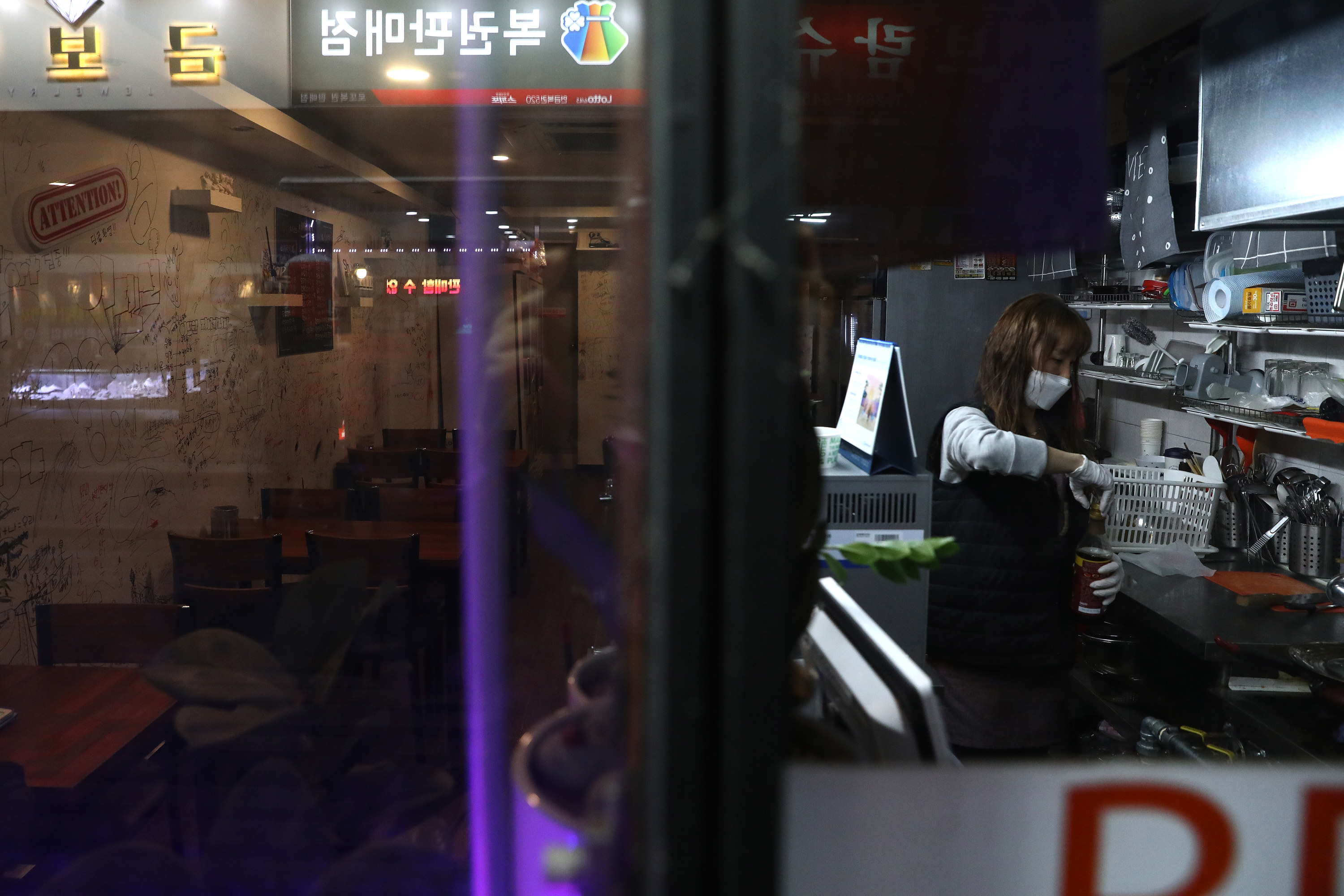
3. On a lighter note, I also admit that the variety of food choices leaves something to be desired 😬. I know that the phenomenon of diverse cuisines adapting to local palates is nothing new — I just wish the German take on [insert the name of flavorful, rich ethnic cuisine] were more true to form.
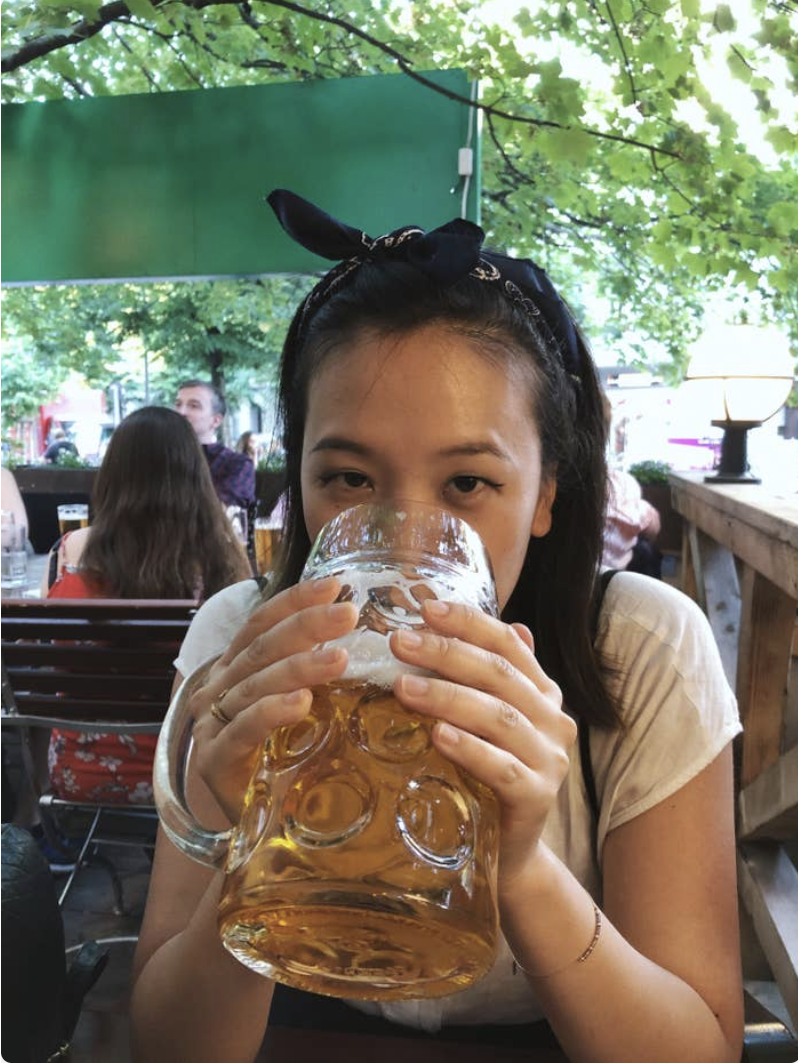

I'd be remiss not to mention the good parts of Germany that might also make it appealing for people of color:
4. Benefits like universal health care, cheap and high-quality education, and a vast social safety net (to name a few) make a pretty amazing contrast to the many policies that give a systemic advantage to white people in countries like the US.
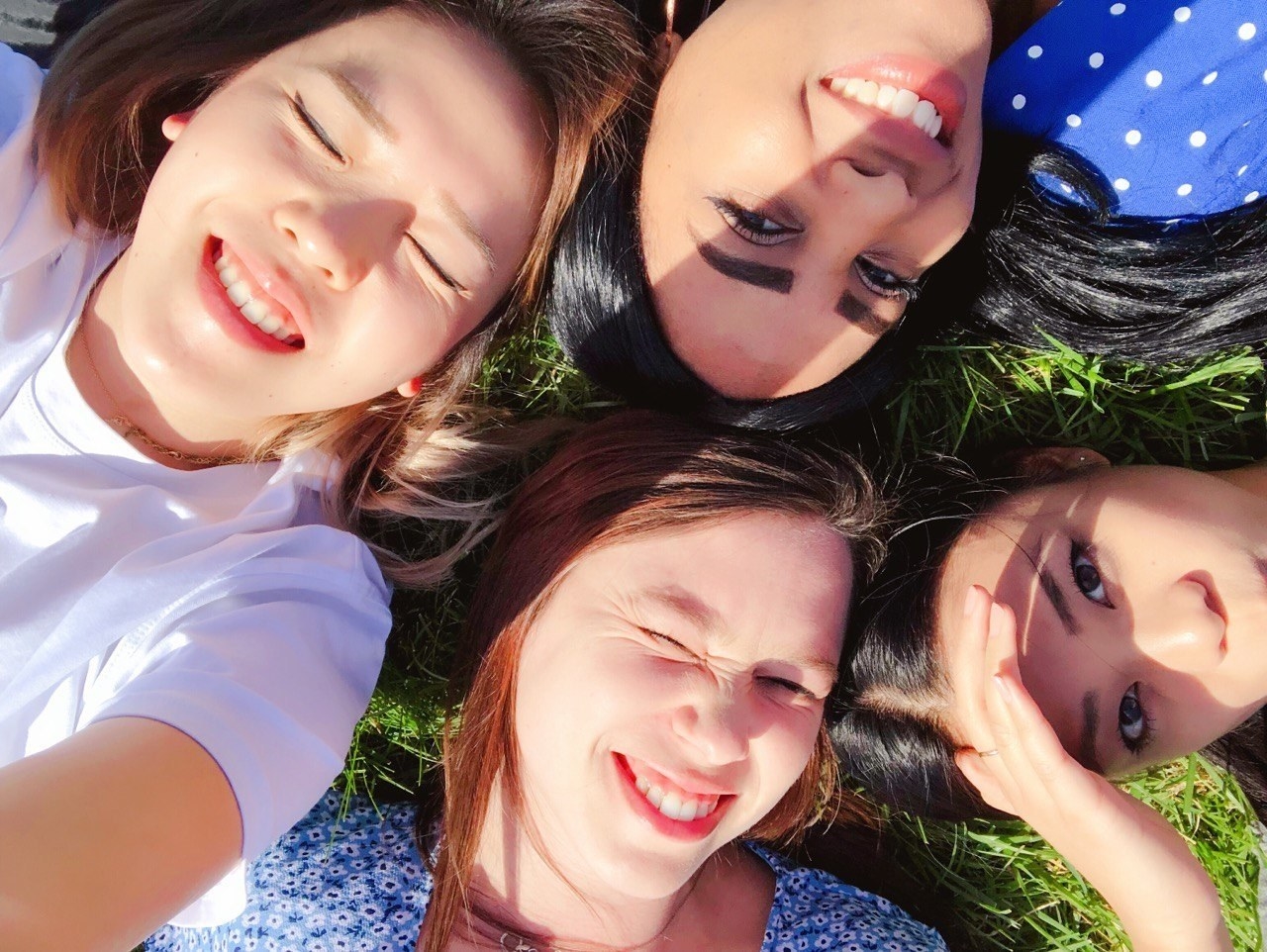
5. Let's not forget: Germany has way stricter gun laws — among the strictest in the world. To possess a gun in Germany, you're required to fulfill a couple of key requirements. And for someone who's watched a relentless stream of breaking news around racially motivated shootings in the US, Germany's gun control feels like another safety blanket that helps me sleep better at night.


Now let's talk about some things that I didn't expect when moving to Germany:
6. While there are many resources that have made Berlin feel safe and like home to me, having friends from all around the world tops the list. They provide a safe cocoon of normalcy for me. Surprisingly, my acute need for belonging made me realize that what I actually needed in a friend was not simply someone who looked like me but someone who had the emotional intelligence to engage with all the layers that make me, me.
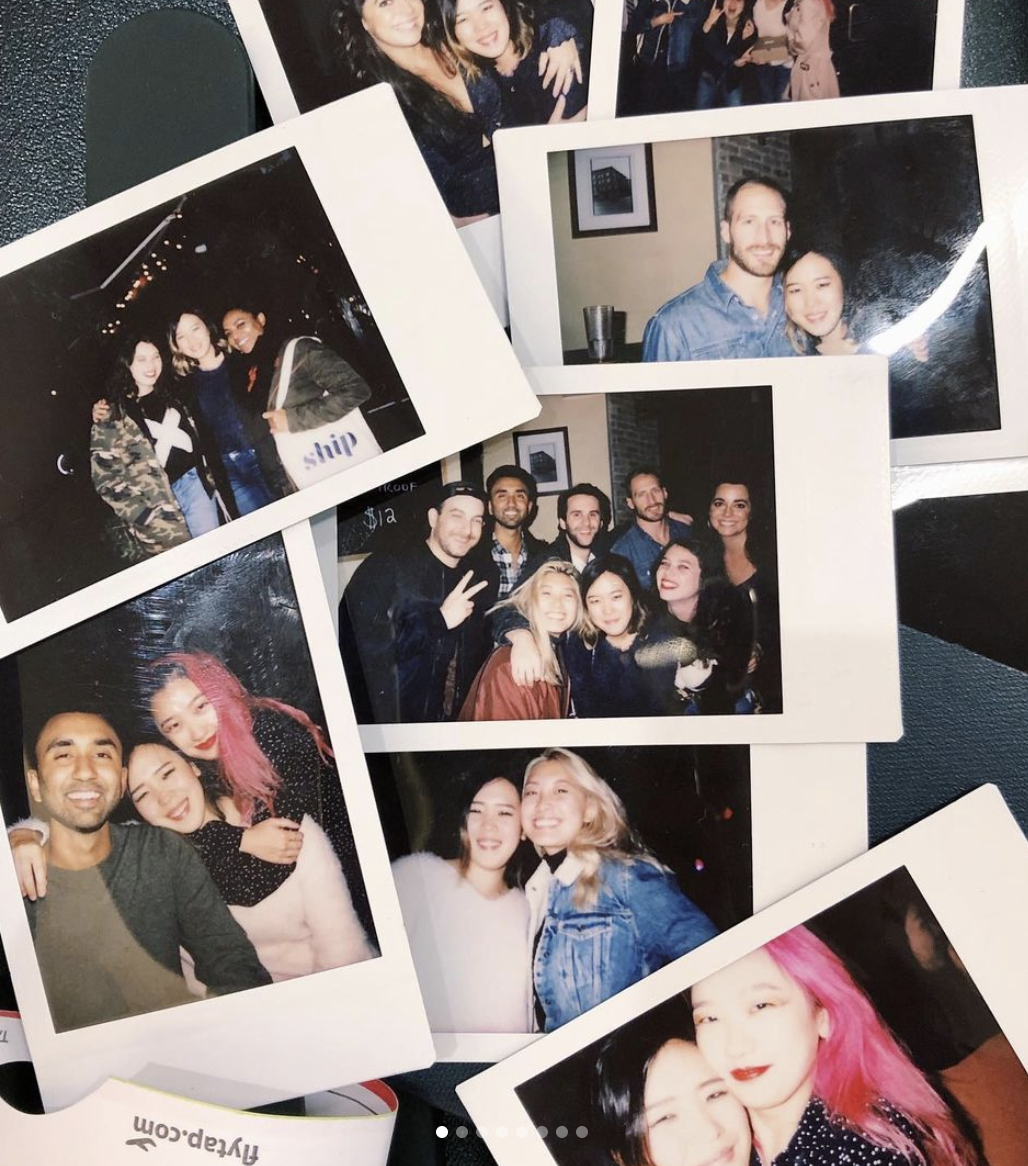
7. Plus, living in Germany has made me realize just how limited my worldview — which has since expanded — used to be. I have to admit that when I moved to Berlin, I knew nothing about the geopolitical crises affecting the people in Germany. Crossing the Atlantic Ocean has honestly opened my eyes to the vast extent of the world and politics that exist beyond our hyper-glorified American borders.

8. Because I'm often asked elementary questions about race, I've had to reeducate myself on the basics. In particular, moving from the US to Germany has forced me to revisit essential questions about what systemic racism actually is and to differentiate between instances of racism and nonracial discrimination.
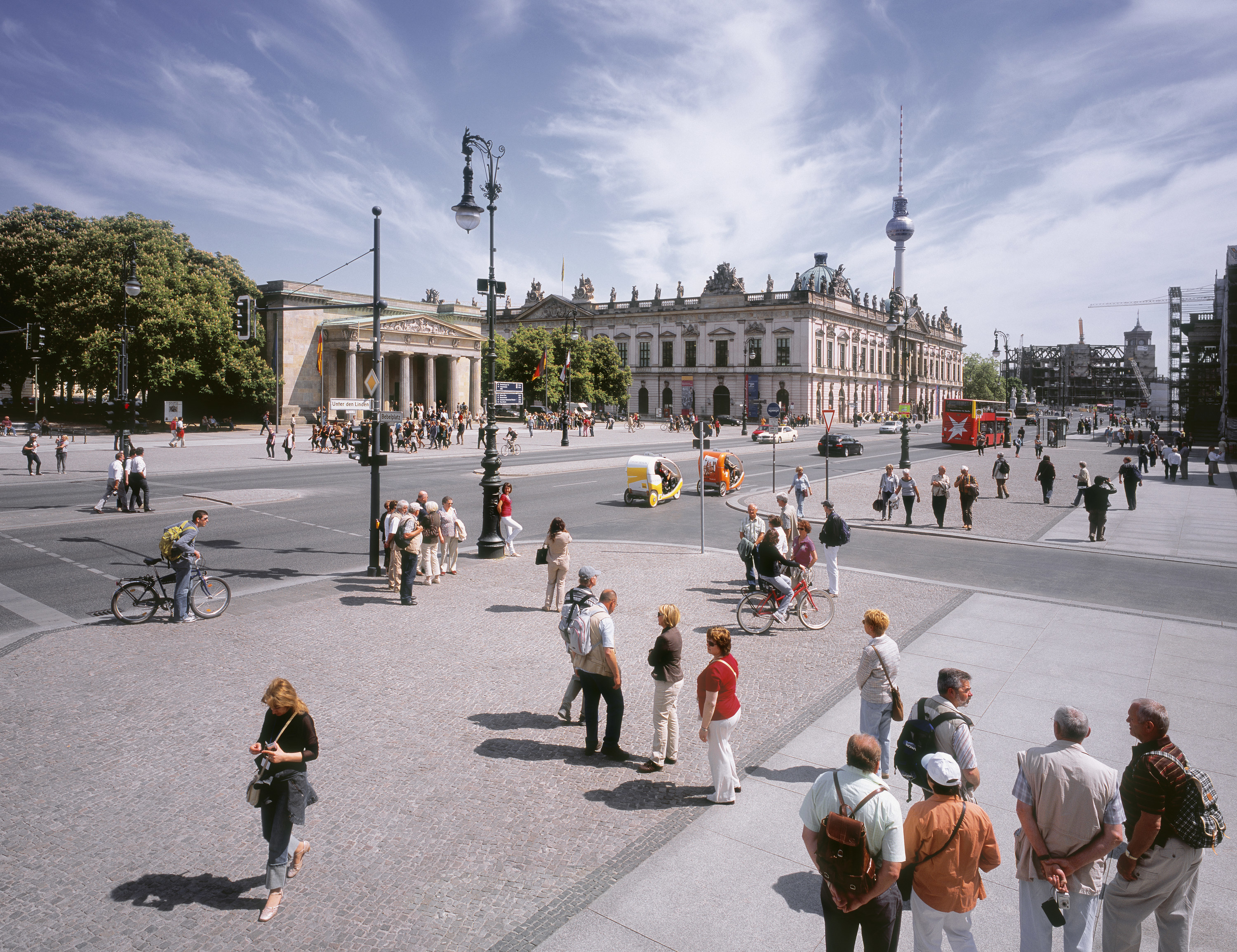
9. On a more lighthearted note, the disappointing restaurants that I complained about before have made me cook more Korean food than ever at home! And, unexpectedly, I discovered that cooking has helped me cope with being so far from home by reconnecting me to my culture.
